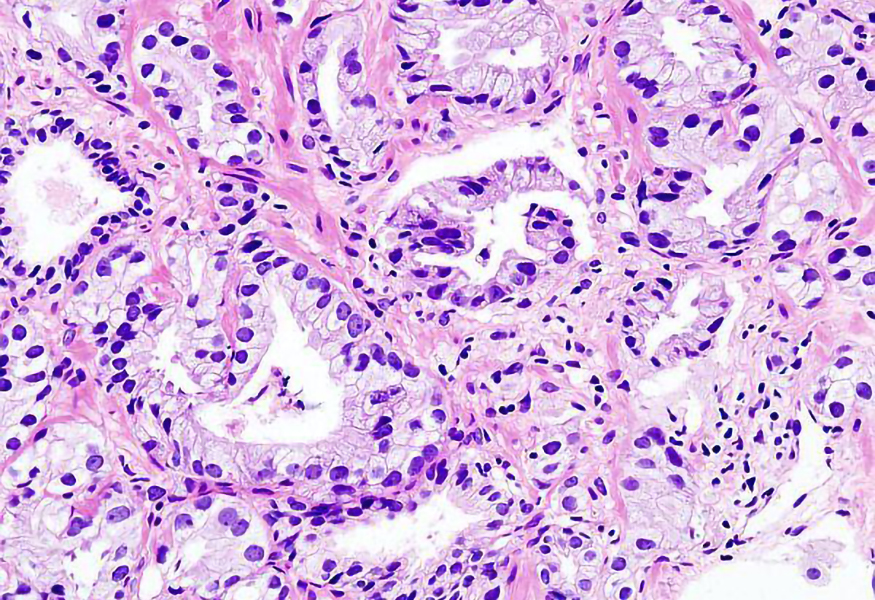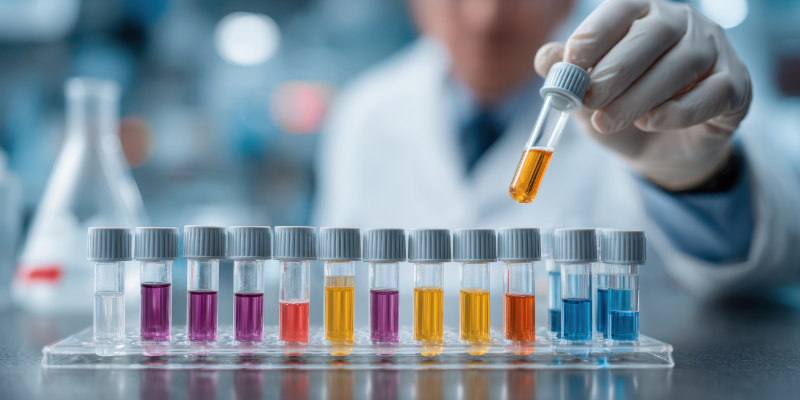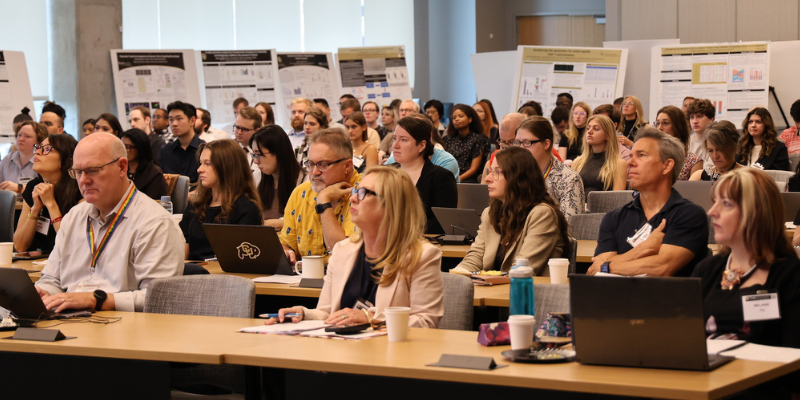Cancers are one of the leading causes of disease-related fatalities worldwide. Prostate cancer, in specific, affects about 6 out of 10 men over the age of 65. In US male population, it is most common malignancy after skin cancer and the second leading cause of cancer-related deaths. This highlights the need for immediate and effective prevention and intervention strategies.
Lately, the formation of new blood vessels from pre-existing vessels, known as angiogenesis, has been the target for drug development for treating several cancer types. The process of angiogenesis is kickstarted when tumor tissue demands an increased supply of nutrients and oxygen. Thus, the idea is to stop/inhibit the development of these new vessels, in turn, starving the tumor and eventually leading to cancer cell death.
Typically, angiogenesis involves receptor-ligand interactions/signaling pathways from three different families of receptors for the activation of the angiogenic pathway, similar to a lock and key mechanism, or three different doors leading to the same room. Conventional cancer therapeutic agents have failed to show increased efficacy against prostate cancer. The reason is thought to be their ability to target and inhibit just one specific pathway, leaving room for cancer to progress via alternate routes.
Positive results have been observed in combination treatments, where multiple drugs when used together, target and inhibit all the available channels (all three classes of angiogenic receptors) for cancer to progress.

Lead Study Author:
Raquel Frenedoso da Silva
This is where the idea to test the efficacy of Nintedanib in prostate cancer struck. Nintedanib has already been tested for its anti-angiogenic potential in several cancer types; this agent is reported to target all three classes of angiogenic receptors: VEGF, PDGFR, and FGFR. This led Rachel (full name Ms. Raquel Frenedoso da Silva) to assess the anticancer efficacy of Nintedanib against prostate cancer by targeting the angiogenic pathway. Through the course of her research, she also found the effect of this agent on other pathways critical in driving prostate cancer growth and progression. Rachel worked in Raj Agarwal's laboratory at the University of Colorado Skaggs School of Pharmacy and Pharmaceutical Sciences, for ten months under the doctorate program at the State University of Campinas (UNICAMP), São Paulo, Brazil, supported by a scholarship from São Paulo Research Foundation.



